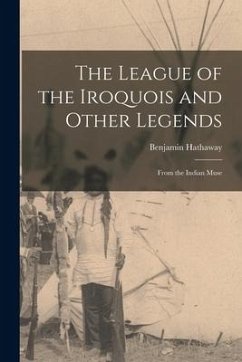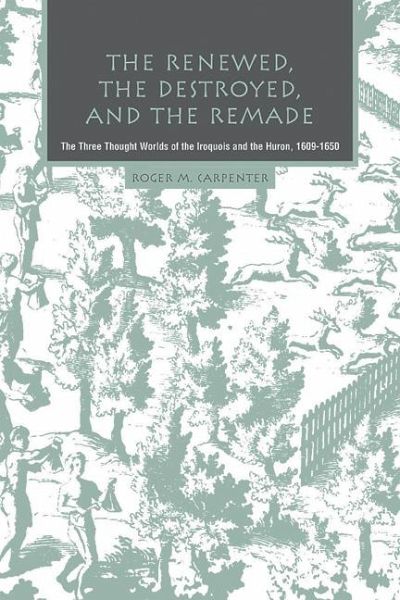
The Renewed, the Destroyed, and the Remade
The Three Thought Worlds of the Iroquois and the Huron, 1609-1650
Versandkostenfrei!
Nicht lieferbar
For three decades, Native American history has been dominated by two major themes. The first is "The Cant of Conquest," the notion that all native peoples who came into contact with Europeans suffered devastating effects due to disease, alcohol, and warfare. But the argument can be made that in some cases native peoples controlled their own fortunes, at least for a while. The other dominant theme is the "The Contest of Cultures," the idea that Native American history needs to be examined in the context of their dealings with Europeans. Europeans changed the Americans, but this approach concern...
For three decades, Native American history has been dominated by two major themes. The first is "The Cant of Conquest," the notion that all native peoples who came into contact with Europeans suffered devastating effects due to disease, alcohol, and warfare. But the argument can be made that in some cases native peoples controlled their own fortunes, at least for a while. The other dominant theme is the "The Contest of Cultures," the idea that Native American history needs to be examined in the context of their dealings with Europeans. Europeans changed the Americans, but this approach concerns colonialism and colonists as well as Native Americans. The Renewed, the Destroyed, and the Remade examines the changing worldviews of the Huron and the Iroquois in the first half of the seventeenth century during a period of increasing European contact. From Samuel de Champlain's armed encounter with the Iroquois in 1609, to the dispersal of the Huron in the mid-seventeenth century, Carpenter's book traces the evolving though worlds of Iroquoian peoples. The Iroquois and the Huron--peoples with an intertwined history and many cultural similarities--reacted differently to European contact. The Huron thought world began to change when the French initiated intense trade and missionary activity early in the seventeenth century. French missionary efforts resulted in a split within the Huron nation between traditionalists and Christian converts. By contrast, the Iroquois, were interested primarily in the trade with the newcomers. The Iroquois, like the Huron, accepted European trade goods, but unlike the Huron, they rejected European religion. The Renewed, the Destroyed, and the Remade differs fromother works of Native American history on several counts. Native American historiography has not been overly comparative. This work is a comparative history of two culturally similar Native American nations. It also differs in that, rather than another history of Native-Europe




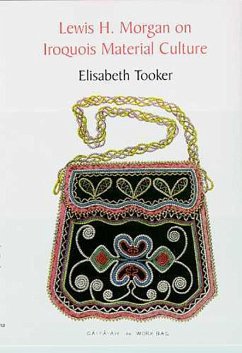
![Hiawatha [microform]: the Story of the Iroquois Sage, in Prose and Verse Cover Hiawatha [microform]: the Story of the Iroquois Sage, in Prose and Verse](https://bilder.buecher.de/produkte/66/66184/66184828n.jpg)
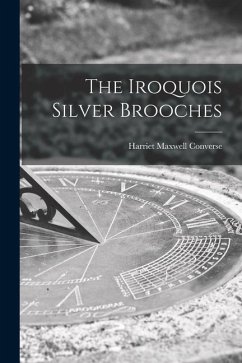
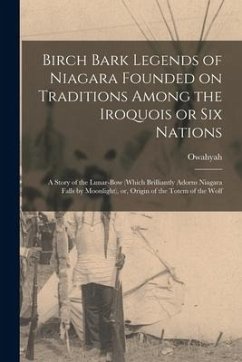
![The Huron-Iroquois of Canada, a Typical Race of American Aborigines [microform] Cover The Huron-Iroquois of Canada, a Typical Race of American Aborigines [microform]](https://bilder.buecher.de/produkte/65/65570/65570834n.jpg)
![An Account of the Opening of a New Mission to the Indians of the Diocese of Huron, Canada [microform] Cover An Account of the Opening of a New Mission to the Indians of the Diocese of Huron, Canada [microform]](https://bilder.buecher.de/produkte/65/65578/65578718n.jpg)
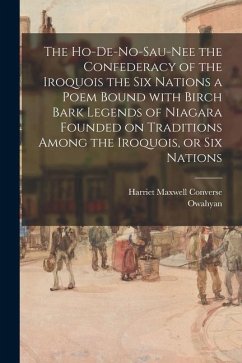
![Hochelagans and Mohawks [microform]: a Link in Iroquois History Cover Hochelagans and Mohawks [microform]: a Link in Iroquois History](https://bilder.buecher.de/produkte/65/65604/65604948n.jpg)
